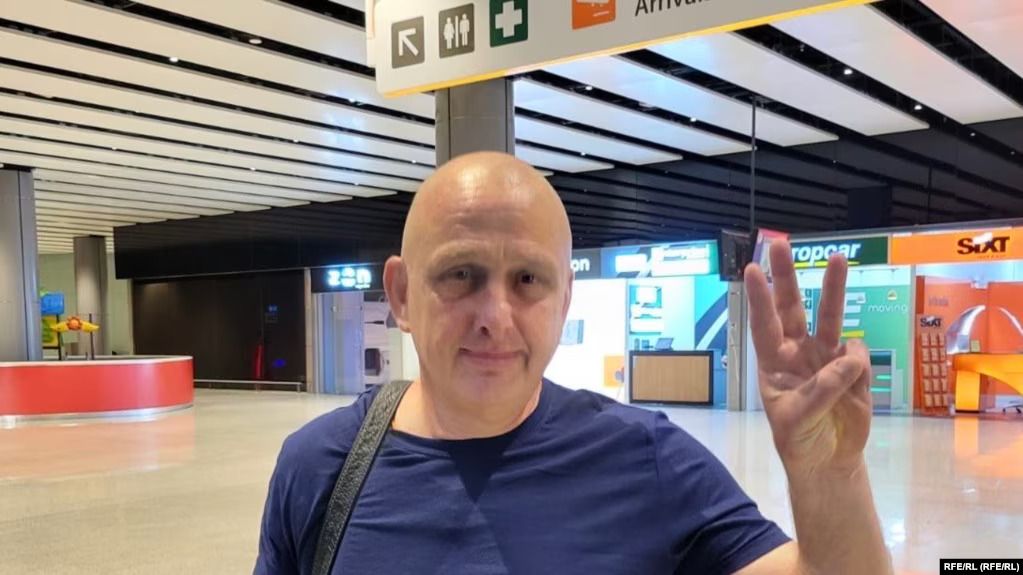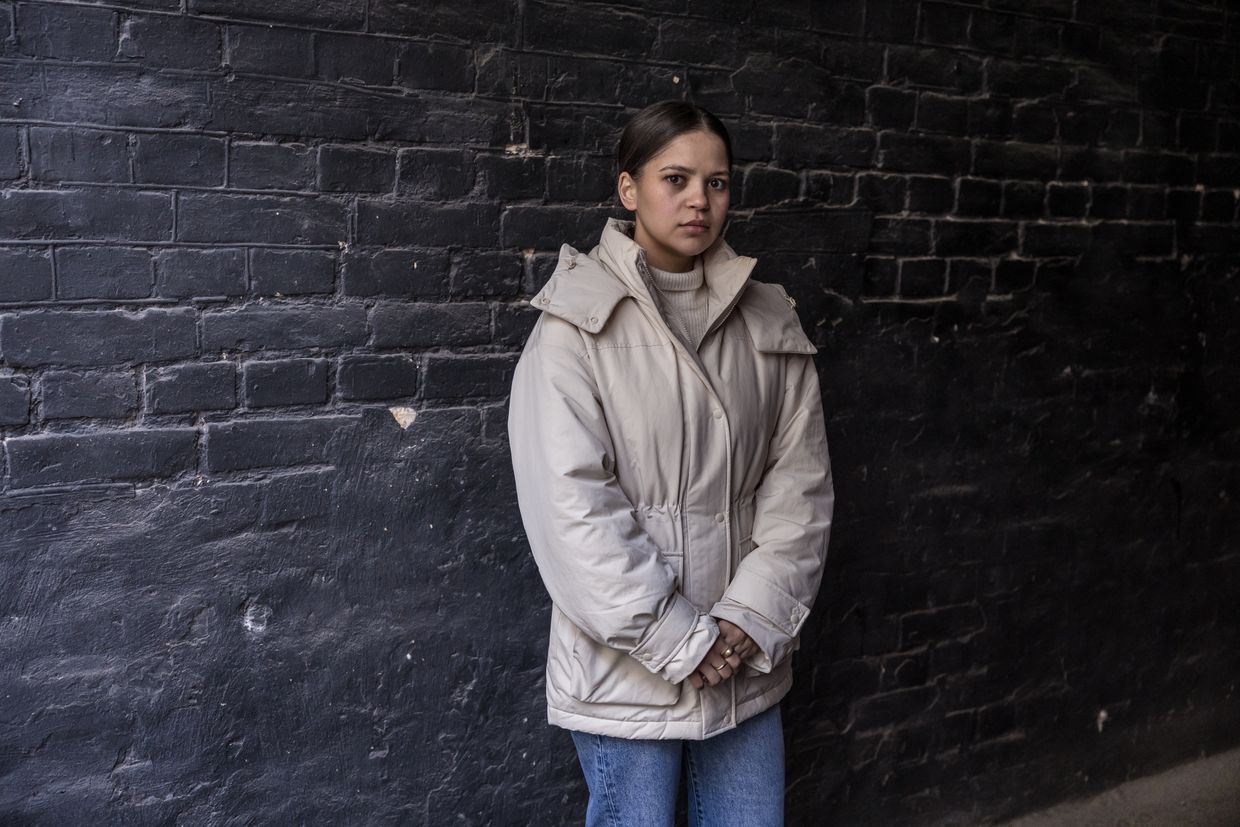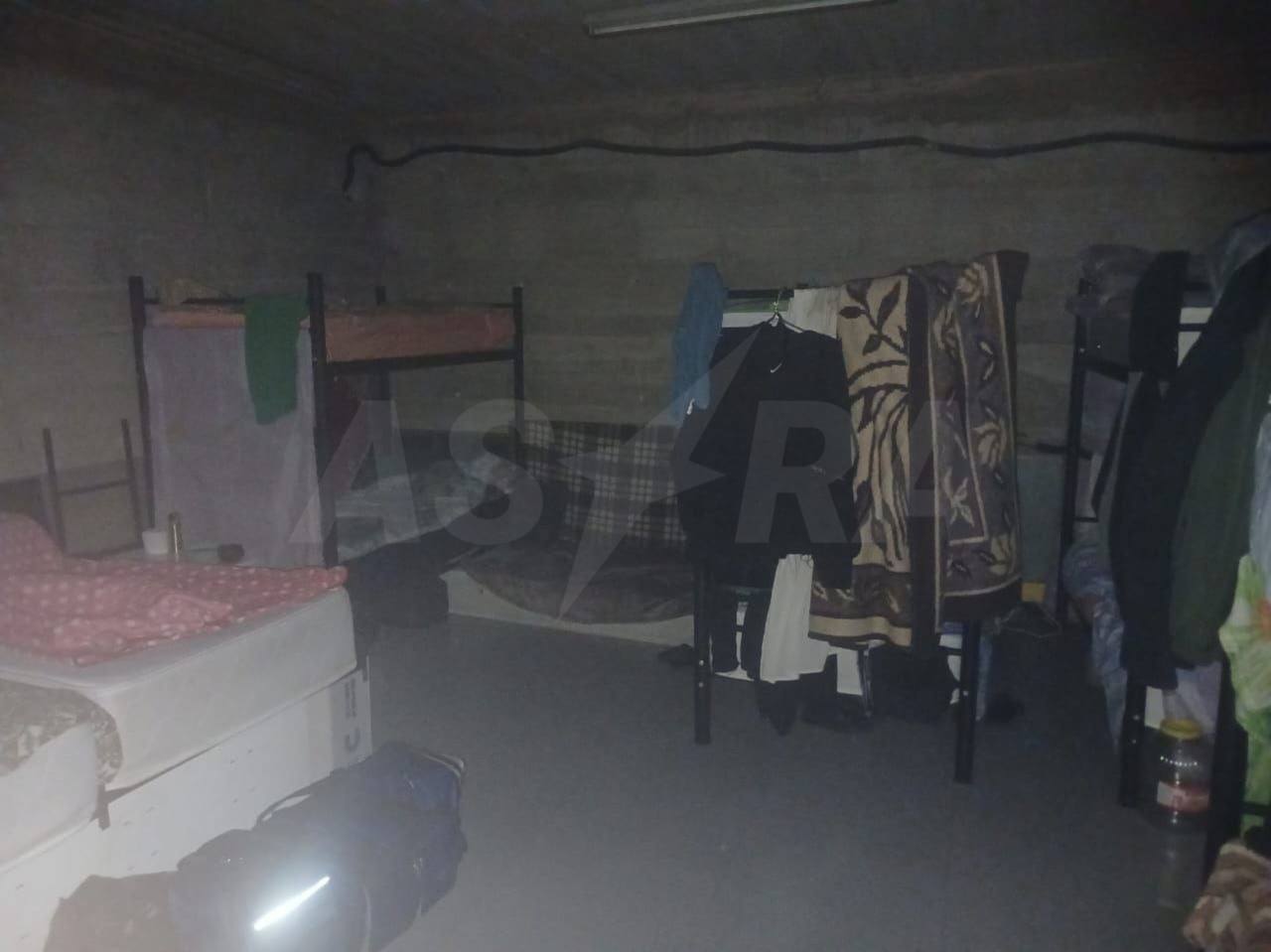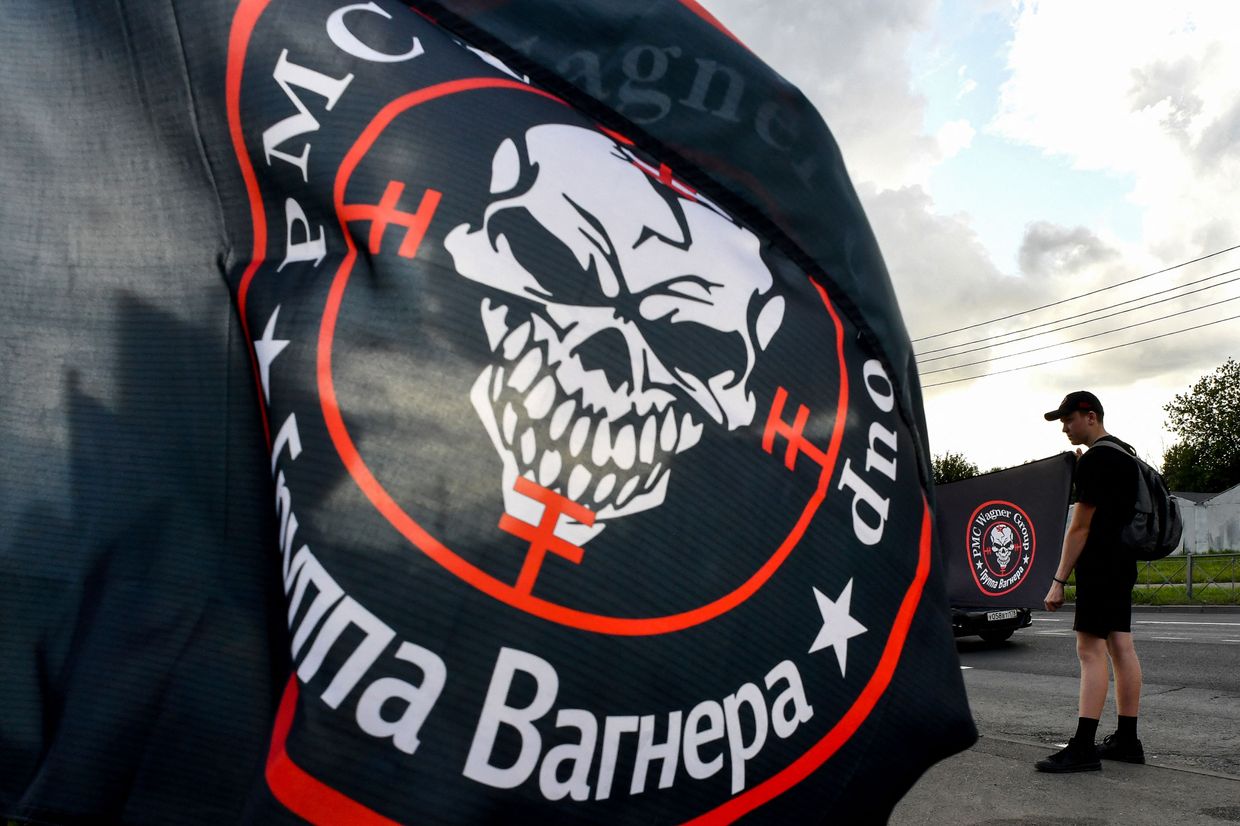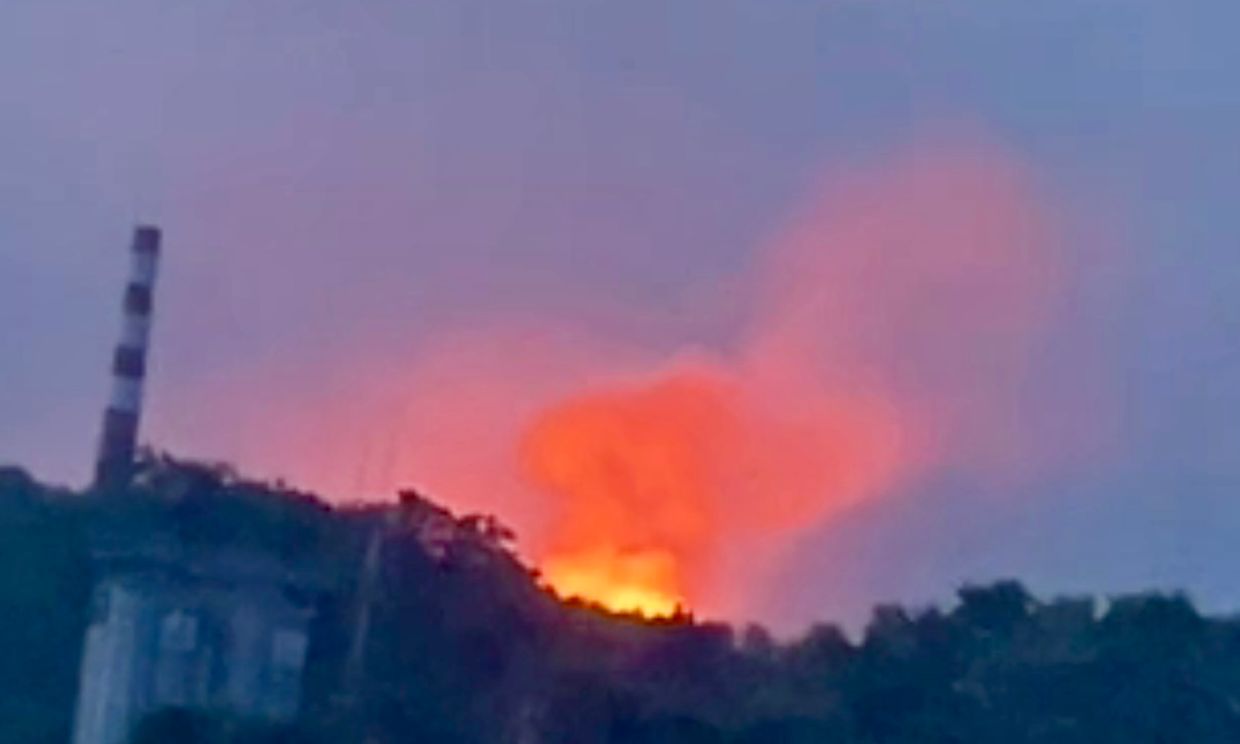Tortured Ukrainian reporter Victoria Roshchyna honored with highest state award after death in Russian captivity
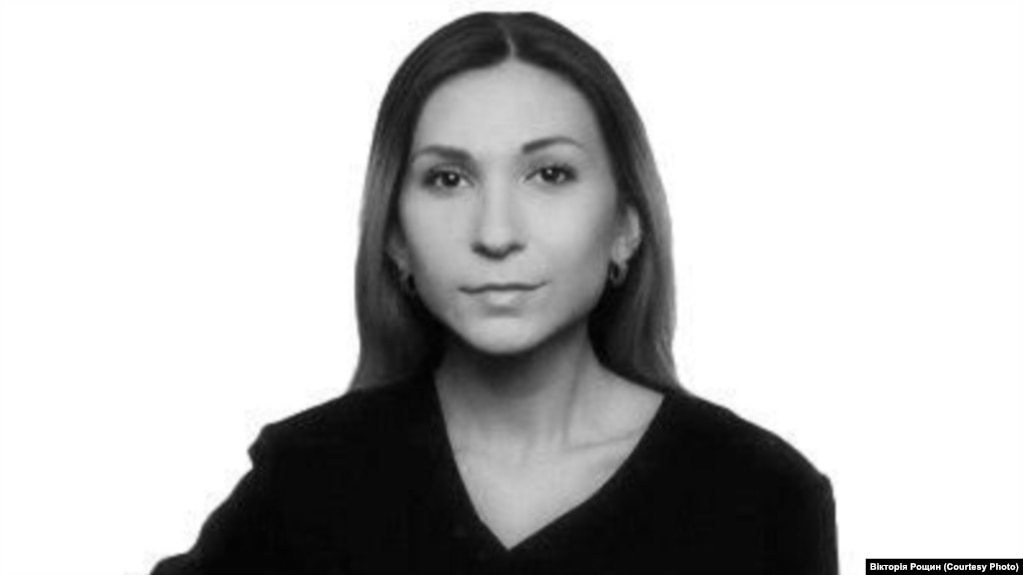
Ukrainian President Volodymyr Zelenskyy has posthumously awarded journalist Victoria Roshchyna with the Order of Freedom, according to a presidential decree.
The document states the award recognizes her “civic courage, patriotism, selfless defense of sovereignty and independence of the Ukrainian state, constitutional rights and human freedoms.”
“Today we honor Victoria Roshchyna posthumously. She is awarded the Order of Freedom. For unwavering faith that freedom will overcome everything. Honor and bright memory to Victoria Roshchyna,” Zelenskyy wrote.
Roshchyna disappeared on temporarily occupied territories on 3 August 2023. Russia first confirmed holding her in captivity only in May 2024. This marked her second abduction by Russian forces – she had previously been kidnapped in March 2022 but was released after ten days.
News of her death emerged on 10 October 2024, when Russian officials informed her father Volodymyr, with Ukrainian authorities later confirming the information.
The Media Initiative for Human Rights reported that Roshchyna was held in at least two detention facilities: correctional colony №77 in Berdiansk and detention center №2 in Taganrog, Russia. The Taganrog facility is known as “one of the most brutal detention places for Ukrainians on Russian territory,” according to the organization.
Roshchyna’s body was returned to Ukraine in late February, though this information was first made public on 24 April. Journalists learned that she was initially held in Enerhodar and later transferred to Melitopol.
A cellmate described finding multiple scars on Roshchyna’s arms and legs, as well as knife wounds. The journalist told her she had been tortured with electricity, after which “she was all blue,” according to the cellmate’s account. Roshchyna later began losing weight dramatically, refusing food until she weighed around 30 kilograms.


